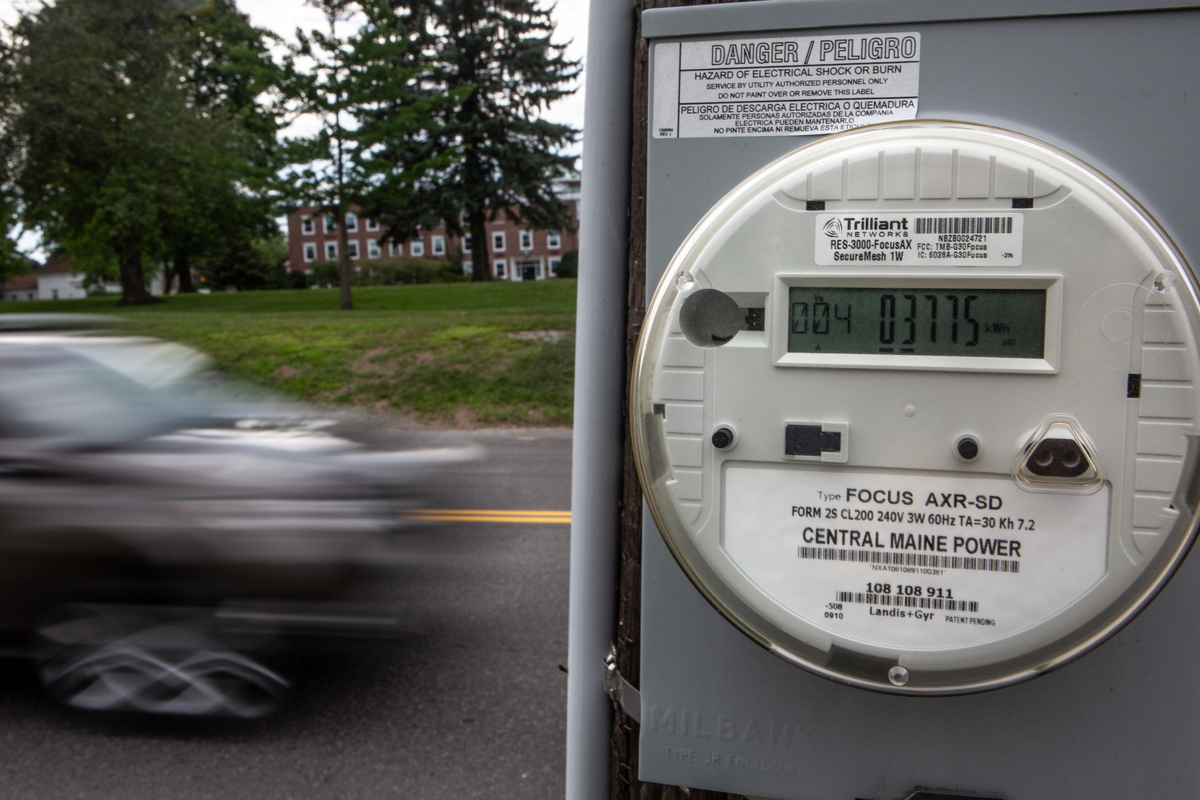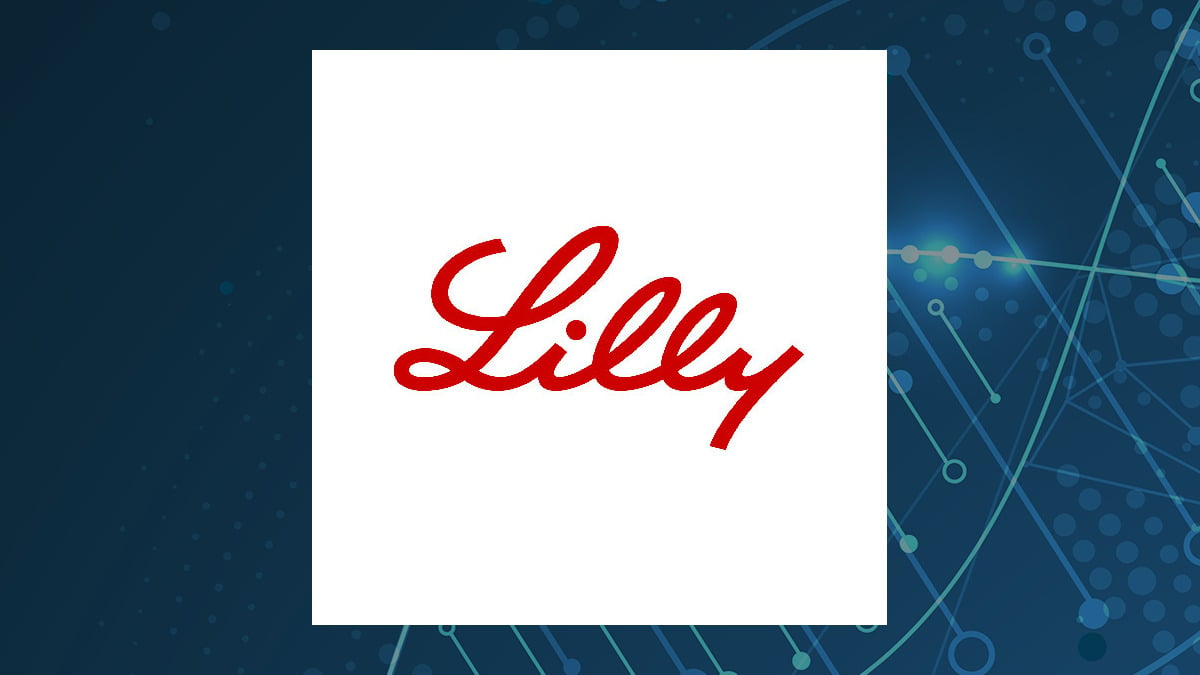Standard Chartered Bank has released a forecast indicating that the market for tokenized real-world assets (RWAs), excluding stablecoins, could grow from approximately $35 billion today to nearly $2 trillion by 2028. This significant increase is driven primarily by advancements in decentralized finance (DeFi), which are reshaping the traditional financial landscape.
Geoffrey Kendrick, the bank’s head of digital assets research, highlighted that the expected growth in the RWA market will largely occur on the Ethereum blockchain. Kendrick pointed out Ethereum’s unparalleled reliability, having operated without a mainnet outage for over a decade. He believes that the network’s stability outweighs the advantages of speed and lower costs offered by competing blockchains.
Tokenization of Financial Assets
Standard Chartered estimates that tokenized money-market funds and listed equities could each account for about $750 billion of the anticipated $2 trillion market. The remainder of this market is expected to include funds, private equity, commodities, corporate debt, and real estate.
Kendrick noted the transformative impact of stablecoins, stating, “Stablecoins have laid the groundwork for other asset classes, from tokenised money-market funds to tokenised equities, to move on-chain at scale.” This shift signals a growing acceptance of DeFi as a viable alternative to traditional financial systems, which have historically relied on centralized intermediaries like banks.
In his analysis, Kendrick emphasized that the adoption of stablecoins has propelled DeFi into the mainstream, enabling non-bank entities to manage functions such as payments and savings that were once the domain of traditional banks. He sees lending and the tokenization of RWAs as critical areas where DeFi protocols could disrupt existing financial practices significantly.
Challenges and Opportunities Ahead
Despite this optimistic outlook, Standard Chartered cautions that potential regulatory uncertainties in the United States could pose challenges. The bank has expressed concern that if clear regulatory frameworks are not established before the 2026 midterm elections, it could hinder the market’s growth. However, this scenario is not considered the bank’s base case.
Kendrick also highlighted the positive effects of increased stablecoin usage in developed markets, which has bolstered on-chain liquidity and fostered innovation across DeFi services. He explained that stablecoins have created essential preconditions for broader DeFi expansion, which rests on three pillars: enhanced public awareness, increased on-chain liquidity, and the proliferation of fiat-pegged lending and borrowing activities.
As the tokenization market evolves, it is expected to challenge traditional financial frameworks, offering new opportunities for investment and capital management. The findings from Standard Chartered underscore the growing significance of digital assets in shaping the future of finance, positioning Ethereum at the forefront of this transformation.
This report illuminates the changing landscape of finance as tokenization technology continues to mature, paving the way for a new era of economic interaction that is increasingly digital and decentralized.







